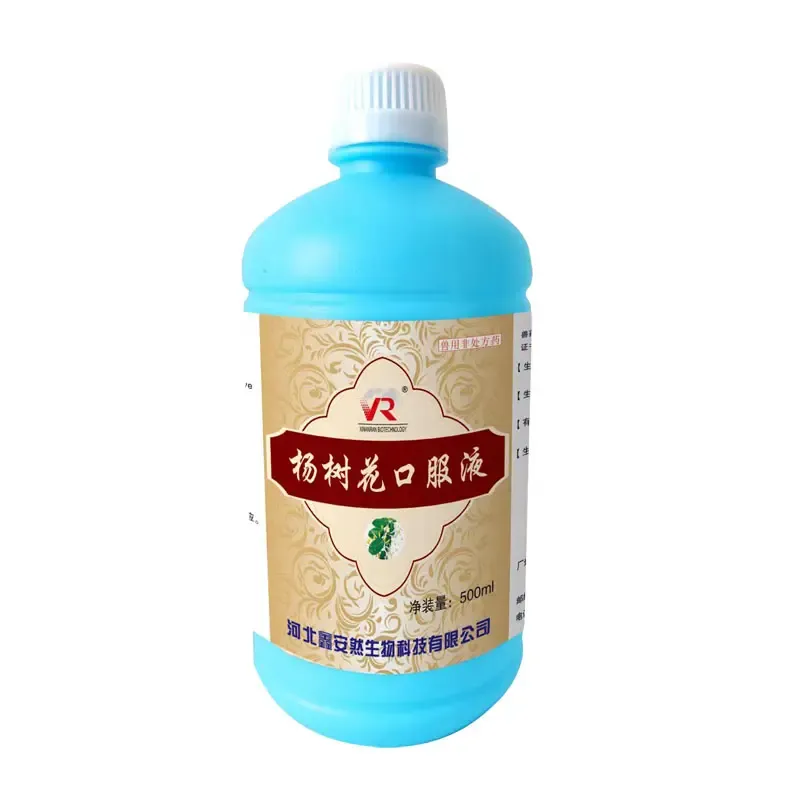- Afrikaans
- Albanian
- Amharic
- Arabic
- Armenian
- Azerbaijani
- Basque
- Belarusian
- Bengali
- Bosnian
- Bulgarian
- Catalan
- Cebuano
- Corsican
- Croatian
- Czech
- Danish
- Dutch
- English
- Esperanto
- Estonian
- Finnish
- French
- Frisian
- Galician
- Georgian
- German
- Greek
- Gujarati
- Haitian Creole
- hausa
- hawaiian
- Hebrew
- Hindi
- Miao
- Hungarian
- Icelandic
- igbo
- Indonesian
- irish
- Italian
- Japanese
- Javanese
- Kannada
- kazakh
- Khmer
- Rwandese
- Korean
- Kurdish
- Kyrgyz
- Lao
- Latin
- Latvian
- Lithuanian
- Luxembourgish
- Macedonian
- Malgashi
- Malay
- Malayalam
- Maltese
- Maori
- Marathi
- Mongolian
- Myanmar
- Nepali
- Norwegian
- Norwegian
- Occitan
- Pashto
- Persian
- Polish
- Portuguese
- Punjabi
- Romanian
- Russian
- Samoan
- Scottish Gaelic
- Serbian
- Sesotho
- Shona
- Sindhi
- Sinhala
- Slovak
- Slovenian
- Somali
- Spanish
- Sundanese
- Swahili
- Swedish
- Tagalog
- Tajik
- Tamil
- Tatar
- Telugu
- Thai
- Turkish
- Turkmen
- Ukrainian
- Urdu
- Uighur
- Uzbek
- Vietnamese
- Welsh
- Bantu
- Yiddish
- Yoruba
- Zulu
7 月 . 31, 2024 06:19 Back to list
Effective Methods to Eliminate Hookworms in Cats and Ensure Their Health and Well-being
What Kills Hookworms in Cats A Comprehensive Guide
Hookworms are parasitic worms that can infect a variety of animals, including cats. These tiny creatures reside in the intestines of their hosts, where they feed on blood, leading to significant health issues. Understanding how to effectively eliminate hookworms is crucial for every cat owner to ensure their feline friends remain healthy. This article explores what kills hookworms in cats and ways to prevent infection.
Understanding Hookworm Infection
Hookworm infections in cats are typically caused by two species Ancylostoma tubaeforme and Uncinaria stenocephala. Cats can become infected through various routes, including ingesting larvae in contaminated soil, coming into contact with infected feces, or through skin penetration, particularly through the paws when walking barefoot outdoors. Symptoms of hookworm infection can include weight loss, anemia, lethargy, and severe gastrointestinal distress. If left untreated, hookworm infestations can be fatal, particularly in kittens.
Treatment Options
When a cat is diagnosed with a hookworm infection, prompt treatment is essential. The primary method for killing hookworms in cats is through the use of anthelmintic medications, commonly known as dewormers. There are several effective anthelmintics available
1. Pyrantel Pamoate This medication is effective against adult hookworms and is often used as a first-line treatment. It paralyzes the worms, allowing them to be expelled from the cat's body naturally through the feces.
2. Fenbendazole A broad-spectrum dewormer that is also effective against hookworms. It works by disrupting the worms' metabolism, ultimately leading to their death.
4. Ivermectin While commonly known for its efficacy against other parasites, it can also be effective for hookworm treatment, particularly in severe cases.
what kills hookworms in cats

It’s crucial to consult with a veterinarian before administering any medication, as dosage and specific treatment plans will vary depending on the severity of the infection and the cat’s overall health.
Preventative Measures
While effective treatments exist, prevention is always the best approach when it comes to protecting your cat from hookworms. Here are some strategies
- Regular Deworming Establish a regular deworming schedule with your veterinarian, especially for young kittens who are more susceptible to infections.
- Hygiene Keep your cat's living environment clean. Regularly dispose of feces and avoid allowing your cat to roam in areas where other animals may defecate.
- Limit Outdoor Access If possible, limit your cat's outdoor access, especially in areas known to be contaminated with hookworm larvae.
- Routine Vet Check-ups Regular veterinary check-ups can help identify any parasitic infections early. Your vet may recommend routine fecal examinations to detect the presence of hookworms or other parasites.
Conclusion
Hookworms can pose serious health risks to cats, but effective treatments are available to eliminate these parasites. Utilizing anthelmintic medications, combined with preventative measures and regular veterinary care, will help safeguard your cat from hookworm infections. By staying informed and proactive, cat owners can ensure their furry companions remain happy and healthy, free from the dangers of hookworms.
-
The Power of Radix Isatidis Extract for Your Health and Wellness
NewsOct.29,2024
-
Neomycin Sulfate Soluble Powder: A Versatile Solution for Pet Health
NewsOct.29,2024
-
Lincomycin Hydrochloride Soluble Powder – The Essential Solution
NewsOct.29,2024
-
Garamycin Gentamicin Sulfate for Effective Infection Control
NewsOct.29,2024
-
Doxycycline Hyclate Soluble Powder: Your Antibiotic Needs
NewsOct.29,2024
-
Tilmicosin Premix: The Ultimate Solution for Poultry Health
NewsOct.29,2024













